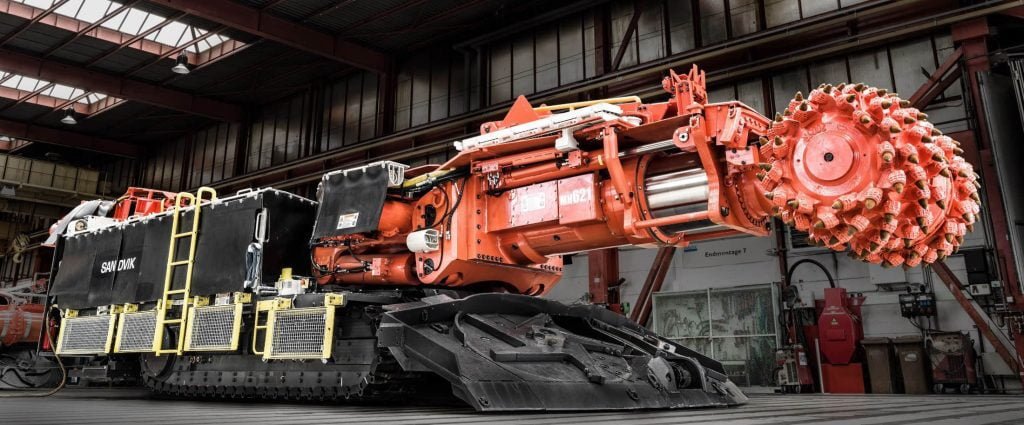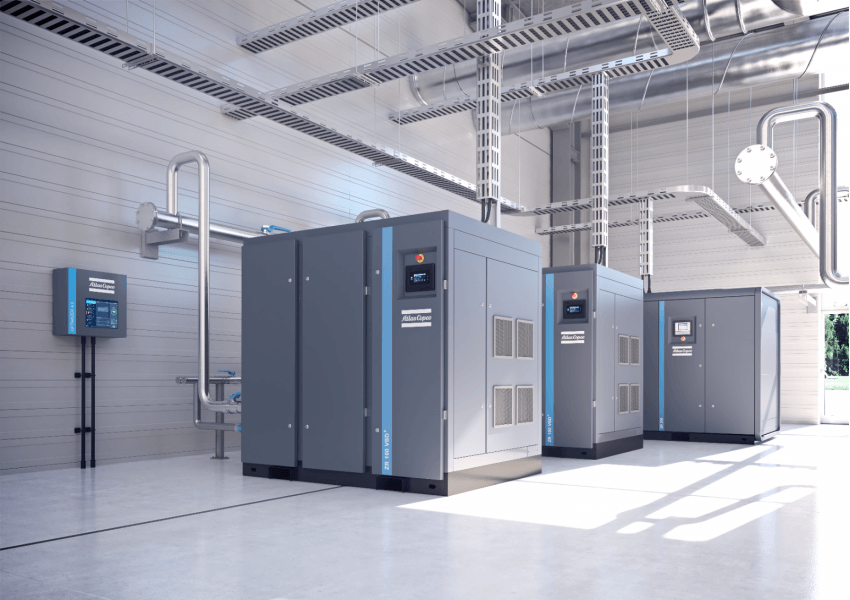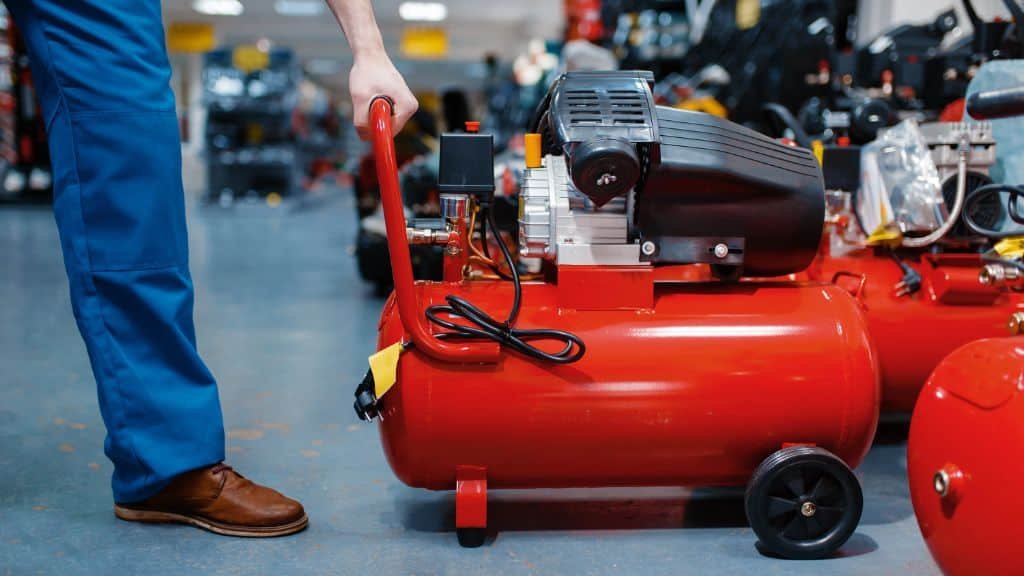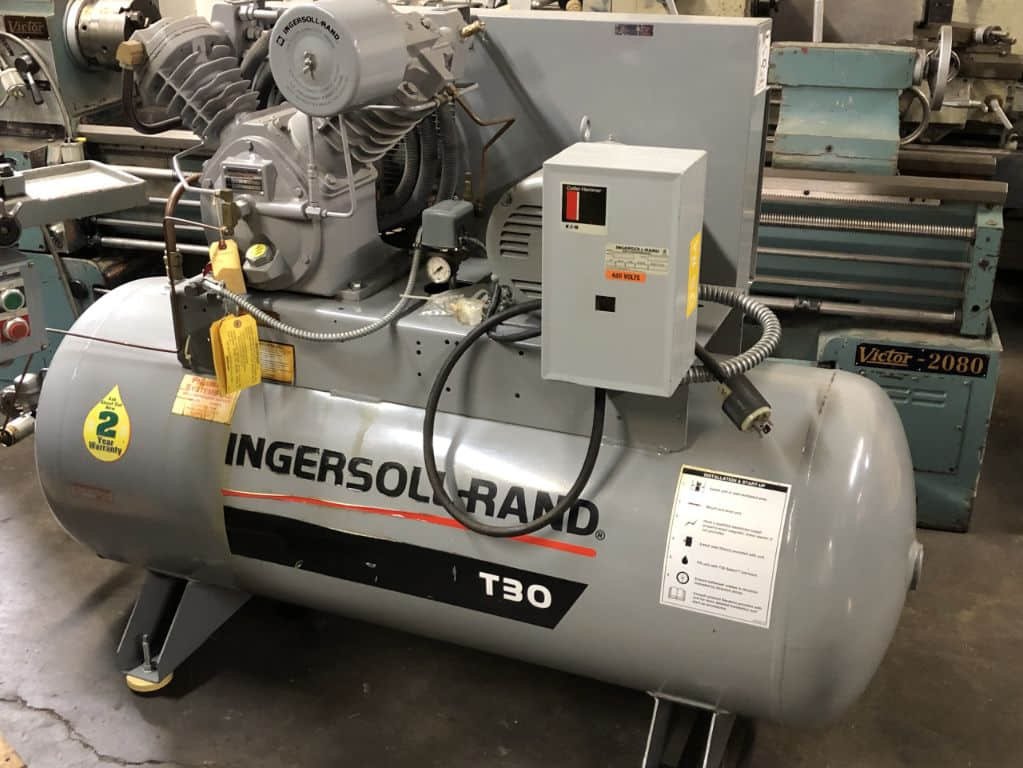Air compressors play a critical role in the manufacturing industry by powering a wide range of tools and machines that support production processes. From automation to pneumatics, air compressors help increase efficiency, productivity, and cost savings in the manufacturing industry.
In this article, we will discuss the importance of air compressors in the manufacturing industry, exploring their impact on automation, pneumatics, and production processes.
Automation
Automation is an essential aspect of modern manufacturing. Air compressors are used to power automated machinery, such as robotic arms, conveyors, and assembly lines. These machines offer faster cycle times, higher accuracy, and consistent performance, enabling manufacturers to increase productivity and reduce errors and rework.
In addition to powering automated machinery, air compressors are also used in the actuation of pneumatic actuators and valves, ensuring precise and reliable control of equipment and processes.
Pneumatics
Pneumatics is the study of the mechanical properties of air, particularly its ability to apply force when compressed and released. Air compressors play a crucial role in pneumatics since they are used to generate and store compressed air that powers pneumatic actuators, cylinders, and motors.
Pneumatic systems offer several benefits in the manufacturing industry: they are clean, efficient, and versatile, delivering high force and speed without the need for complicated electrical systems. Pneumatic systems are also less expensive than hydraulic systems and require less maintenance, making them a popular choice for many manufacturers.
Production Processes
Air compressors are used in a wide range of manufacturing processes, enabling production to be carried out more efficiently and effectively. Here are some examples of how air compressors are used in production processes:
- Compressed air is used to power pneumatic tools, such as drills, grinders, and sanders, which are essential for cutting, shaping, and finishing materials.
- Air compressors are used to maintain consistent air pressure levels in painting and coating processes, ensuring that the finish is uniform and consistent.
- Compressed air is used to blow away debris, dust, and other contaminants during cleaning and maintenance activities, promoting cleaner and safer working environments.
Impact on Costs
Air compressors can have a significant impact on manufacturing costs, both positively and negatively. On the one hand, air compressors can deliver cost savings in the form of increased efficiency, productivity, and reduced labor costs. On the other hand, poorly maintained air compressors can increase energy consumption and maintenance costs, negatively impacting the bottom line.
Therefore, it is important for manufacturers to invest in high-quality air compressors and prioritize regular maintenance to ensure optimal performance and to minimize the risk of unexpected downtimes.
Conclusion
Air compressors play a crucial role in the manufacturing industry, powering a wide range of automated machinery and production processes while offering economies of scale. They are also essential in pneumatics and control applications, providing clean, efficient, and reliable power sources. As a result, air compressors are critical to the overall efficiency, productivity, and cost savings of the manufacturing industry. By investing in quality equipment and prioritizing regular maintenance, manufacturers can maximize the benefits of air compressor technology and meet the growing demands of a competitive global market.




